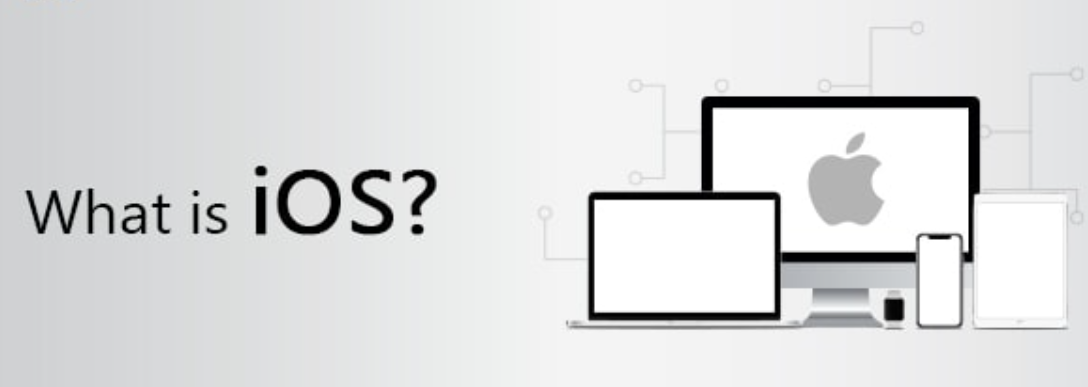iOS
What is iOS?
Definition:
iOS is a mobile operating system developed by Apple Inc. exclusively for its hardware devices, including iPhones, iPads, and iPod Touch. Launched in 2007 with the original iPhone, iOS has undergone numerous iterations, introducing new features, enhancements, and optimizations with each version release.
Analogy:
Think of iOS as the operating system of a finely tuned orchestra, coordinating the various instruments (hardware components) to produce harmonious and seamless performance. Just as a conductor directs musicians to create beautiful music, iOS orchestrates the functions and capabilities of Apple devices, ensuring a smooth and cohesive user experience.
Further Description:
iOS powers Apple’s ecosystem of mobile devices, offering a range of features and functionalities tailored to meet the diverse needs of users. Key components and characteristics of iOS include:
User Interface: iOS features an intuitive and user-friendly interface characterized by icons, gestures, and animations designed to enhance navigation and interaction.
App Store: The App Store is a digital marketplace where users can discover, download, and install a vast array of third-party applications optimized for iOS devices.
Integration with Apple Services: iOS seamlessly integrates with various Apple services, including iCloud, iMessage, FaceTime, Apple Music, and Apple Pay, providing users with a unified and interconnected experience across devices.
Security and Privacy: iOS prioritizes security and privacy, incorporating features such as device encryption, biometric authentication (Touch ID, Face ID), and App Store review processes to safeguard user data and mitigate security risks.
Updates and Support: Apple regularly releases updates and patches to iOS, delivering new features, performance improvements, and security enhancements to users worldwide. iOS updates are accessible over-the-air and are supported across compatible devices for several years.
Developer Tools: iOS offers a comprehensive set of developer tools, frameworks, and APIs (Application Programming Interfaces) that enable developers to create innovative and feature-rich applications for the platform.
Why is iOS Important?
Market Dominance: iOS commands a significant share of the global mobile operating system market, making it a critical platform for developers, businesses, and consumers alike.
Ecosystem Synergy: iOS forms the cornerstone of Apple’s ecosystem, fostering synergy and interoperability between devices, services, and software applications.
User Experience: iOS is renowned for its polished user experience, characterized by fluid performance, consistent design language, and seamless integration of hardware and software components.
Innovation and Differentiation: iOS serves as a platform for innovation, driving advancements in mobile technology, software development, and digital experiences.
Examples and Usage:
- iOS powers a wide range of Apple devices, including the iPhone, iPad, iPod Touch, and Apple Watch, offering users access to a diverse ecosystem of applications and services.
- Developers leverage iOS SDK (Software Development Kit) and Xcode IDE (Integrated Development Environment) to create engaging and innovative apps for iOS devices, catering to diverse user needs and preferences.
Key Takeaways:
- iOS is a mobile operating system developed by Apple Inc. for iPhones, iPads, and iPod Touch devices.
- Key features include an intuitive user interface, the App Store, integration with Apple services, security and privacy features, regular updates, and robust developer tools.
- iOS is essential for Apple’s ecosystem, offering a seamless user experience, fostering innovation, and maintaining market dominance in the mobile industry.
- Developers leverage iOS SDK and Xcode to create innovative applications for iOS devices, contributing to the platform’s vibrant ecosystem and user satisfaction.
Table of Contents





